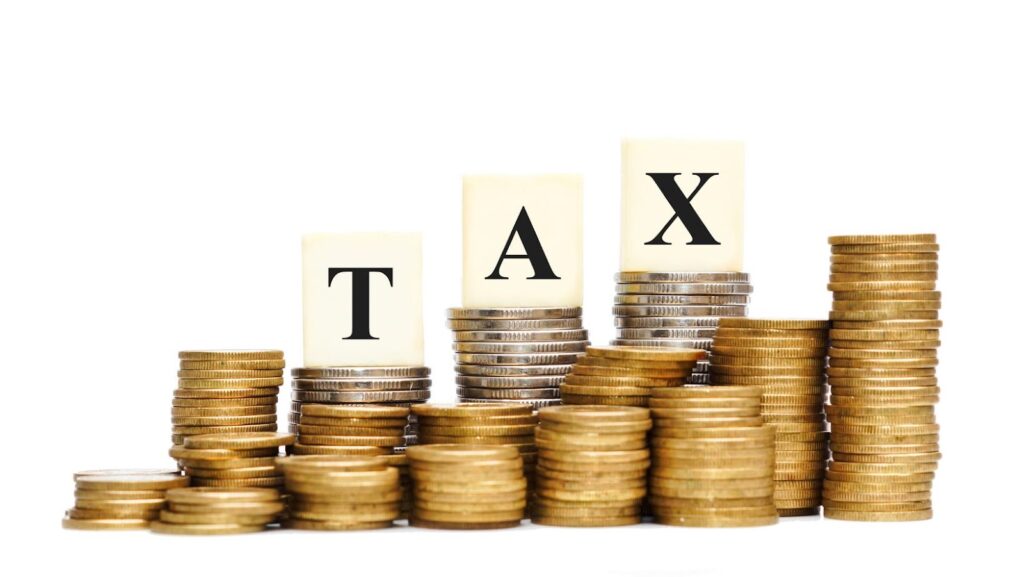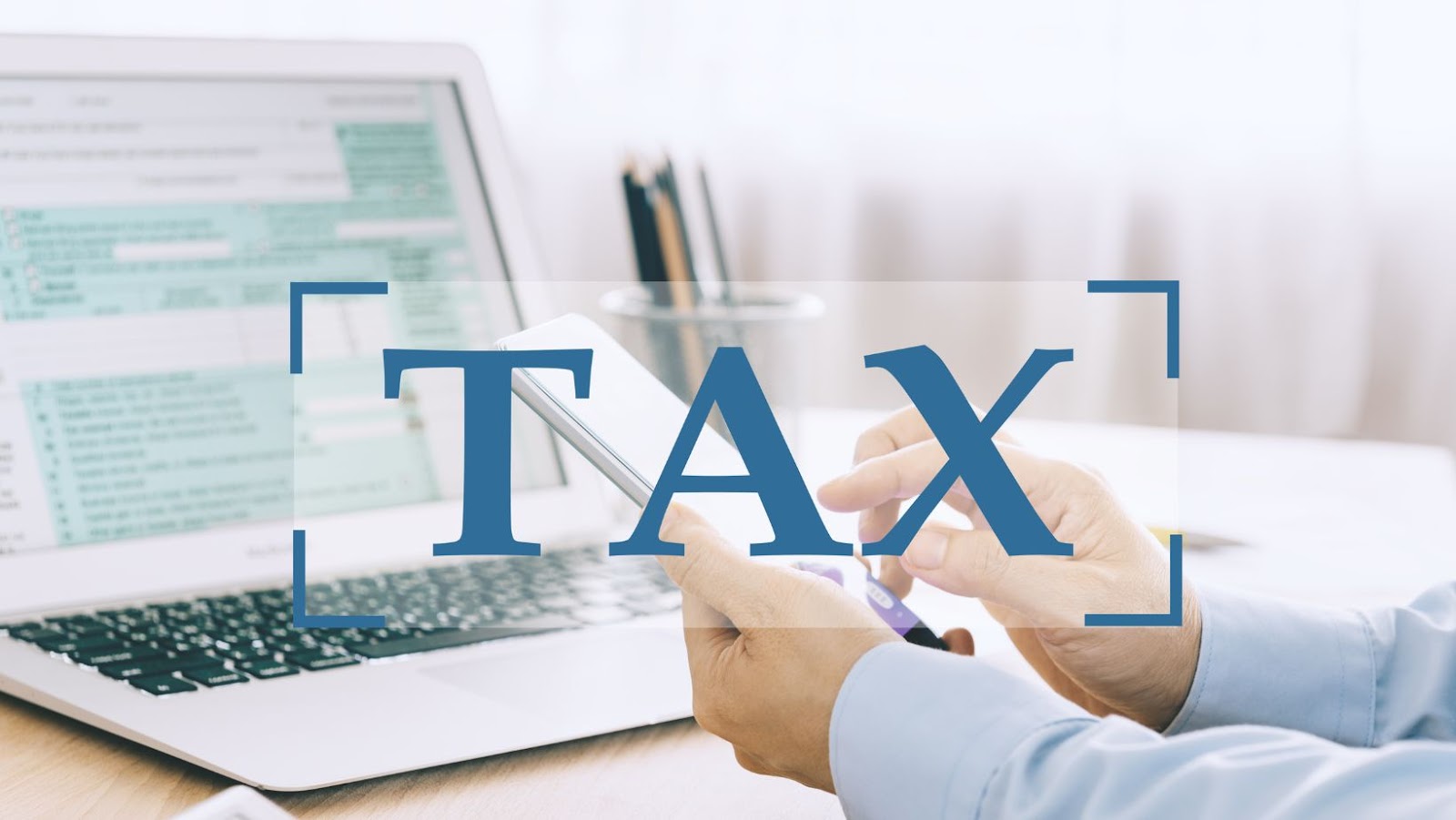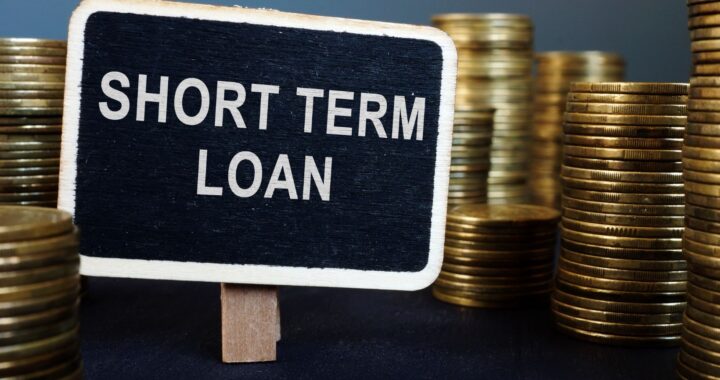
Age in Property Tax Exemptions in Texas
As a Texas resident and property owner, I understand the importance of understanding property taxes and their implications. One question that often comes up is at what age do you stop paying property taxes in Texas. The answer to this question is not a straightforward one, as it depends on a variety of factors.
In Texas, there is no specific age at which property owners stop paying property taxes. All property owners, regardless of age, are subject to paying property taxes as long as they own the property. However, there are some exemptions available to homeowners, including those who are 65 years or older.
Homeowners who are 65 years or older can apply for a homestead exemption, which provides some relief in their property tax burden. Additionally, those who are disabled or disabled veterans may also be eligible for exemptions. It’s important to note that these exemptions and eligibility requirements may vary depending on the county in which you live. Consulting with your local county tax assessor-collector’s office is recommended to determine your eligibility for these exemptions.
At What Age do You Stop Paying Property Taxes in Texas
If you’re a senior citizen in Texas, you may be eligible for property tax exemptions. The state of Texas offers several property tax relief programs to help seniors reduce their property tax burden.
One of the most beneficial property tax relief programs for seniors in Texas is the property tax exemption for individuals who are 65 years of age or older or disabled. This exemption allows senior citizens to receive a 20% reduction in the appraised value of their primary residence for property tax purposes.
To qualify for this exemption, seniors must have owned and lived in their home for at least one year and must have a disability rating by the Social Security Administration, Railroad Retirement Board, or the Department of Veterans Affairs. The application for this exemption must be filed with the local county appraisal district.
In addition to the property tax exemption for seniors, Texas also offers a senior frozen tax program. This program “freezes” a senior’s property taxes at the amount due in the year that they qualify for the program. This means that a senior’s property taxes will not increase, regardless of any future increases in the property tax rate or the appraised value of their home.
To qualify for the senior frozen tax program, seniors must meet the same age and residency requirements as mentioned before, and the taxes on their home must increase by 10% or more from one year to the next. The application for this program must be filed with the local county tax office.
In conclusion, if you’re a senior citizen in Texas, you have access to property tax relief programs that can significantly reduce your property tax burden. By taking advantage of these programs, you can enjoy your retirement without worrying about the financial strain of high property taxes.
If you’re a senior citizen in Texas, you may be eligible for a property tax exemption that could save you hundreds, if not thousands of dollars annually. But when is the earliest you can apply for this exemption and at what age do you stop paying property taxes in Texas? In this section, I’ll provide some helpful information on how to apply for a senior property tax exemption in Texas.
First of all, it’s important to note that there is no age at which you stop paying property taxes in Texas. However, as a senior citizen, you may qualify for a property tax exemption of at least $10,000 or more, depending on the assessed value of your home. The exact amount of the exemption will depend on your local taxing authority, so it’s important to check with them to see what you may be eligible for.
To apply for a senior property tax exemption in Texas, you’ll need to submit an application through your local appraisal district. Generally, you’ll need to provide proof of age, proof of ownership, and proof of residency, such as a driver’s license or utility bill. You may also need to provide documentation of your income and assets, as some exemptions have income and asset limits.
It’s important to note that you’ll need to submit a new application for a senior property tax exemption every year. The filing deadline is typically April 30th, so be sure to mark your calendar and submit your application in a timely manner to avoid any penalties or interest charges.
In summary, there is no age at which you stop paying property taxes in Texas, but as a senior citizen, you may qualify for a property tax exemption of at least $10,000 or more. To apply, you’ll need to submit an application through your local appraisal district and provide proof of age, ownership, and residency. Keep in mind that you’ll need to submit a new application every year by the deadline of April 30th.
As discussed earlier, Texas does not have an age limit for property tax payments. However, there are various tax reliefs available for homeowners in Texas. Here are some of the options to help reduce property tax bills:
- Homestead Exemption: Texas homeowners can apply for a Homestead Exemption, which can exclude a portion of their home’s value from property taxes. The exemption varies depending on the county, so it’s important to check your local county appraisal district for eligibility.
- Disabled Veteran Exemption: Veterans with service-related disabilities may qualify for additional property tax exemptions. A 100% disabled veteran may be eligible for a complete property tax exemption.
- Senior Citizen Exemption: While there’s no specific age limit for property tax payments, Texas does offer exemptions for senior citizens. Homeowners over 65 years of age may qualify for a higher homestead exemption limit.
- Tax Deferral: The state also offers tax deferral for homeowners who are over 65 years of age or disabled. The program allows homeowners to delay their property tax payments until they sell their home or are no longer the primary resident.
It’s crucial to note that each of the above options has different criteria and eligibility requirements, so it’s critical to contact the county appraisal district or a tax professional to learn more.








